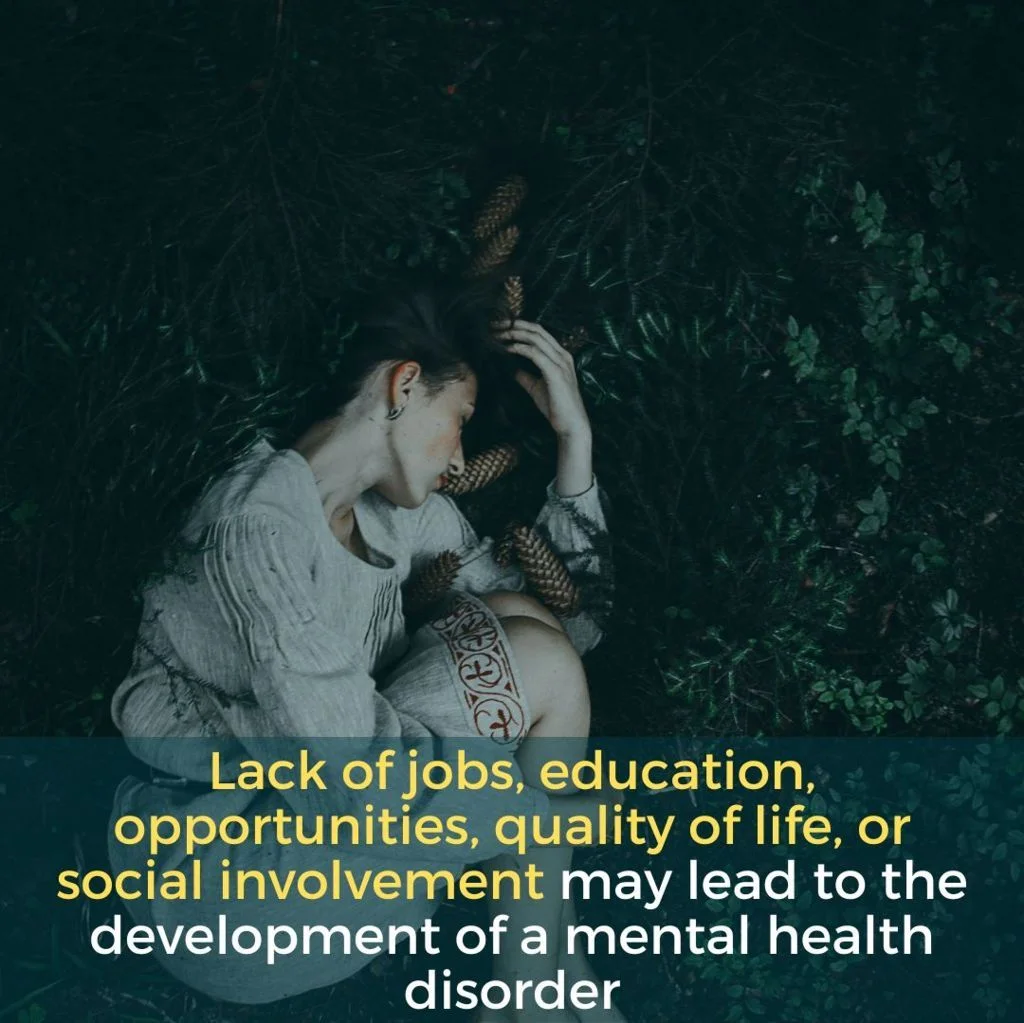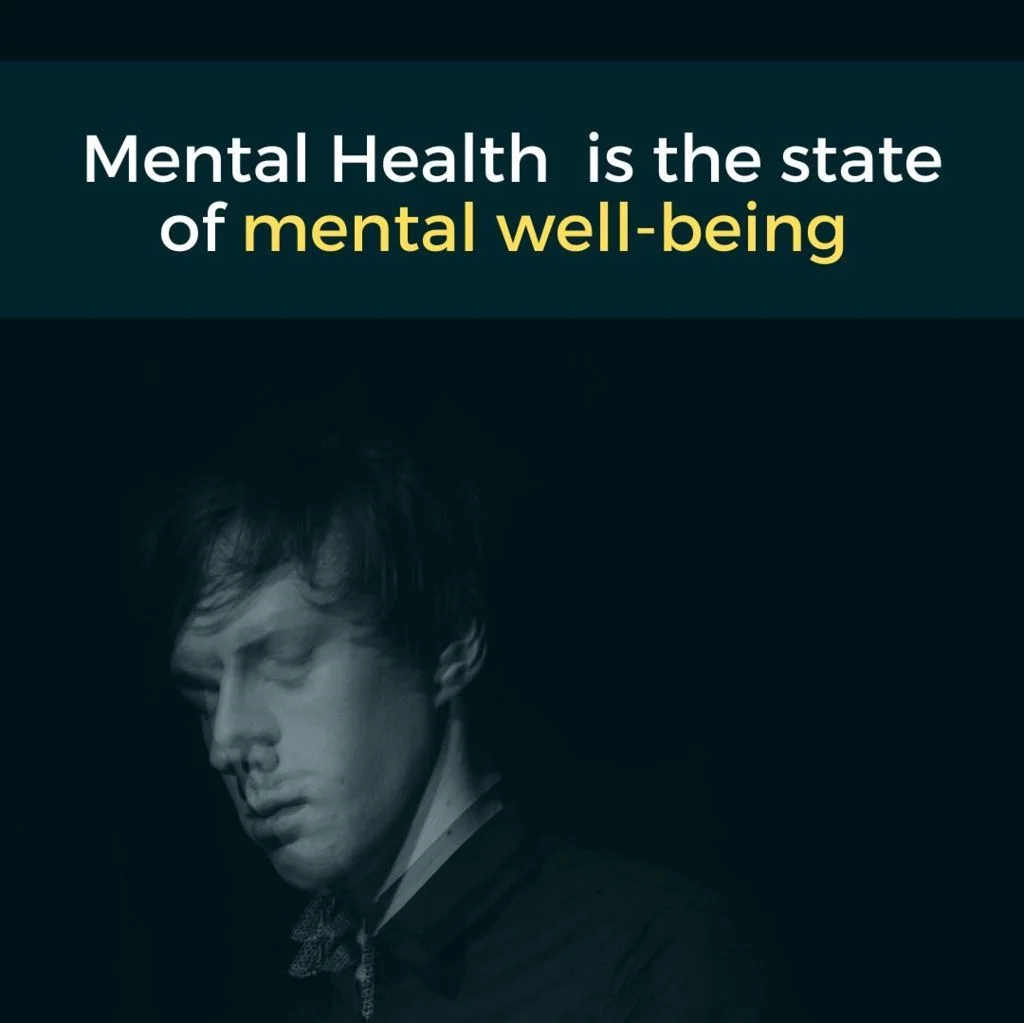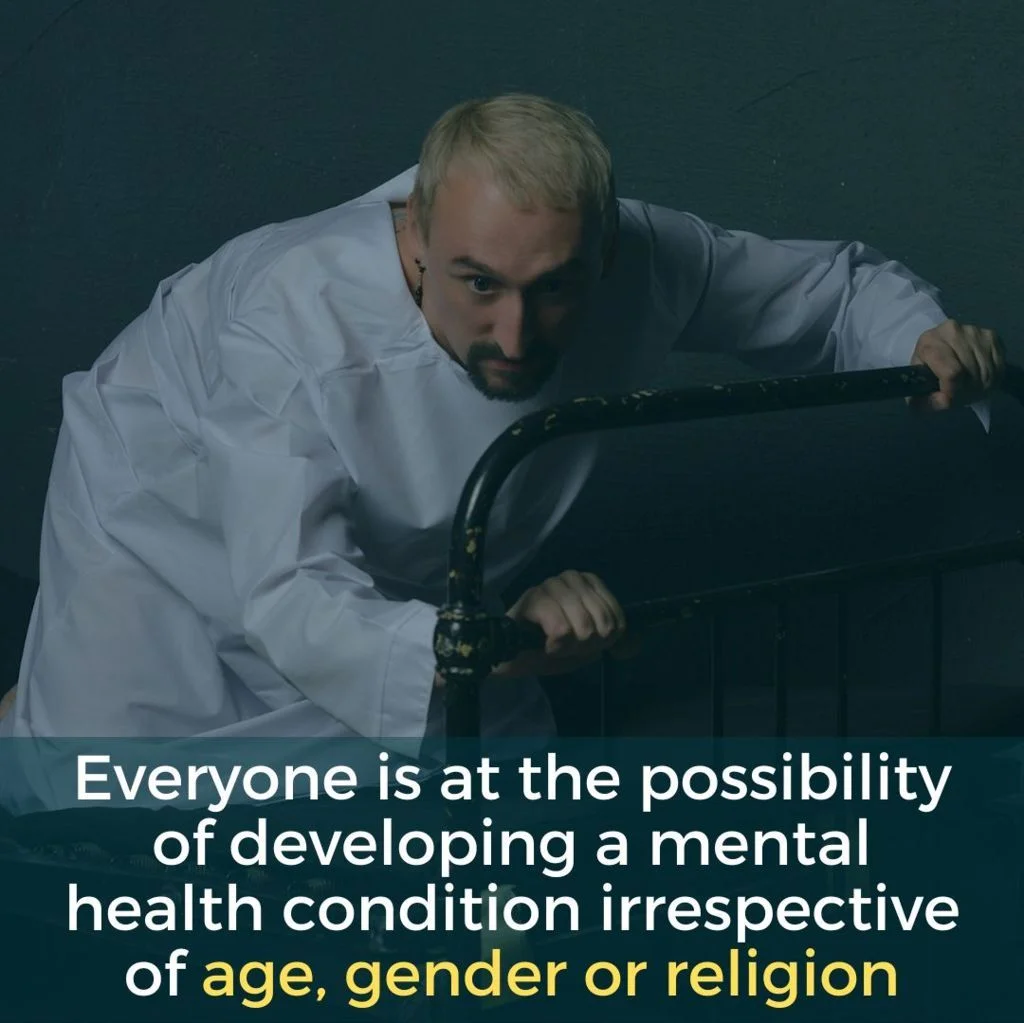Mental illness health:
Mental ill health define is not just about the absence of mental disease or disability, but it is the state of mental well-being in which everyone realizes his/her potential, potential to cope with the stresses of normal life, and can work efficiently for the community. To create awareness about mental disorder world mental health day is celebrated on10th October .

Early signs of mental illness:
There is no possible physical test that can detect whether a person has developed a particular disease. But there are some behavioral signs for mental illness symptoms are:
- Unexpectedly avoiding friends, family, and coworkers
- Avoiding normal activities
- Extreme levels of eating (too much or too little)
- Extreme levels of sleep (too much or too little)
- Feeling low in energy
- Sensation of hopelessness
- Increased use of alcohol and other drugs to change the mood
- Expressing negative thoughts
- Feeling a sense of confusion
- Lack of concentration in daily tasks
- Feeling of hallucination
- Hearing voices
- Having thoughts of harming themselves or others
- Negative behavioral health

Factors contribute to mental illness:
There are many factors identified which are contributing to generating a mental disability condition. Everyone is at the possibility of developing a mental health condition irrespective of age, gender or religion and it may lead to disability. Many different factors can contribute to developing a Mental illness narcissism Symptoms are :
- Social or financial pressure
- Biological factors
- Childhood adversity
i. Social or financial pressure:
Not having enough finances to fulfill the need of life may cause a person to lose confidence. Socio-economic factors such as the non-availability of jobs in an area, education, opportunities, quality of life, or social involvement may lead to development of a mental health disorder. Studies have shown that being female has a greater risk of developing mental health disorders. Similarly, people with poor economic backgrounds are also at risk of mental disorders.
ii. Biological factors
Biological factors such as genes and gene mutations are the main cause of mental health risk but many other factors may contribute to the development of the disease.
A gene linked with a disorder may or may not develop the disease. Similarly, families having no mental illness history can still develop a mental disease at some point. Extreme levels of stress such as anxiety and depression can lead to physical health disorders such as high blood pressure, diabetes, cancer, etc.
iii. Childhood adversity
Adverse childhood involvements and experiences such as parent separation, domestic abuse, child abuse, parental loss, etc. can affect a growing child mentally and physically. These adverse experiences can also lead to psychotic disorders such as “post-traumatic stress disorder”.
Types of mental health disorders:
Some types of mental illnesses are described in the following:

Diagnosis
Mental health diagnosis is a multi-step process. A doctor starts by looking at a person’s medical background and then by performing different physical tests to examine any physical disorder or issue which is causing the mental disorder. The next step must be the medical tests but there is no medical test that can diagnose a mental disorder.
Tests involving psychological estimation are performed by asking a person about experiences, and indications. Questionnaires are used to get an idea about a person’s thoughts and behavior.
Treatment for mental health condition:
There are various methods and treatments which are used to treat a mental health disorder. Medical treatment for mental health means that a particular treatment can only be used to treat one person and may not be used to treat others. There is also the possibility that two or more treatment methods could be used in combination. For a treatment to be successful the doctor and patient must work closely. Following are some Treatment for mental health problems that are used to treat people will psychological stress and mental illness:
- Psychotherapy
- Medication
- Self-help
• Psychotherapy
A psychiatrist or any mental health counselor can carry out this treatment at the primary level. Talking therapy with a physician can help you understand the cause of your problem. This will help you become re-involved with daily activities.
• Medication
Sometimes people with mental complications take medications like antidepressants or anti-psychotic drugs but the truth is that these cannot cure the disease however these can help them in their social interactions. These medicines make the body feel good by boosting the release of feel-good hormones in the body like serotonin.
• Self-help
People with mental issues can help themselves by changing their living style and visiting mental health services . This may include a reduction in alcohol consumption, taking good sleep, eating healthy, solving issues with personal relationships, and taking time away from work. Relaxing techniques such as deep breathing and mindfulness can help people with anxiety and depression.